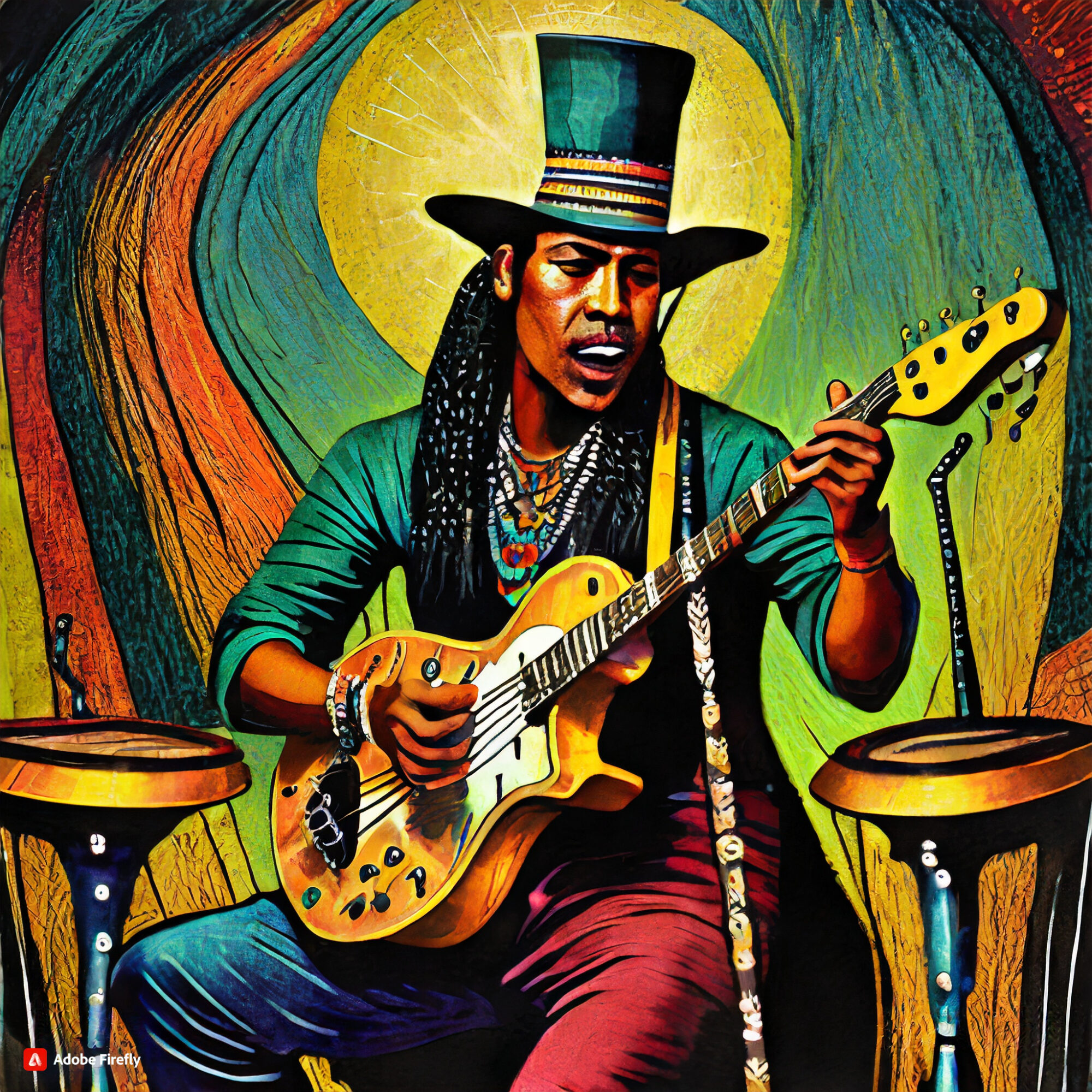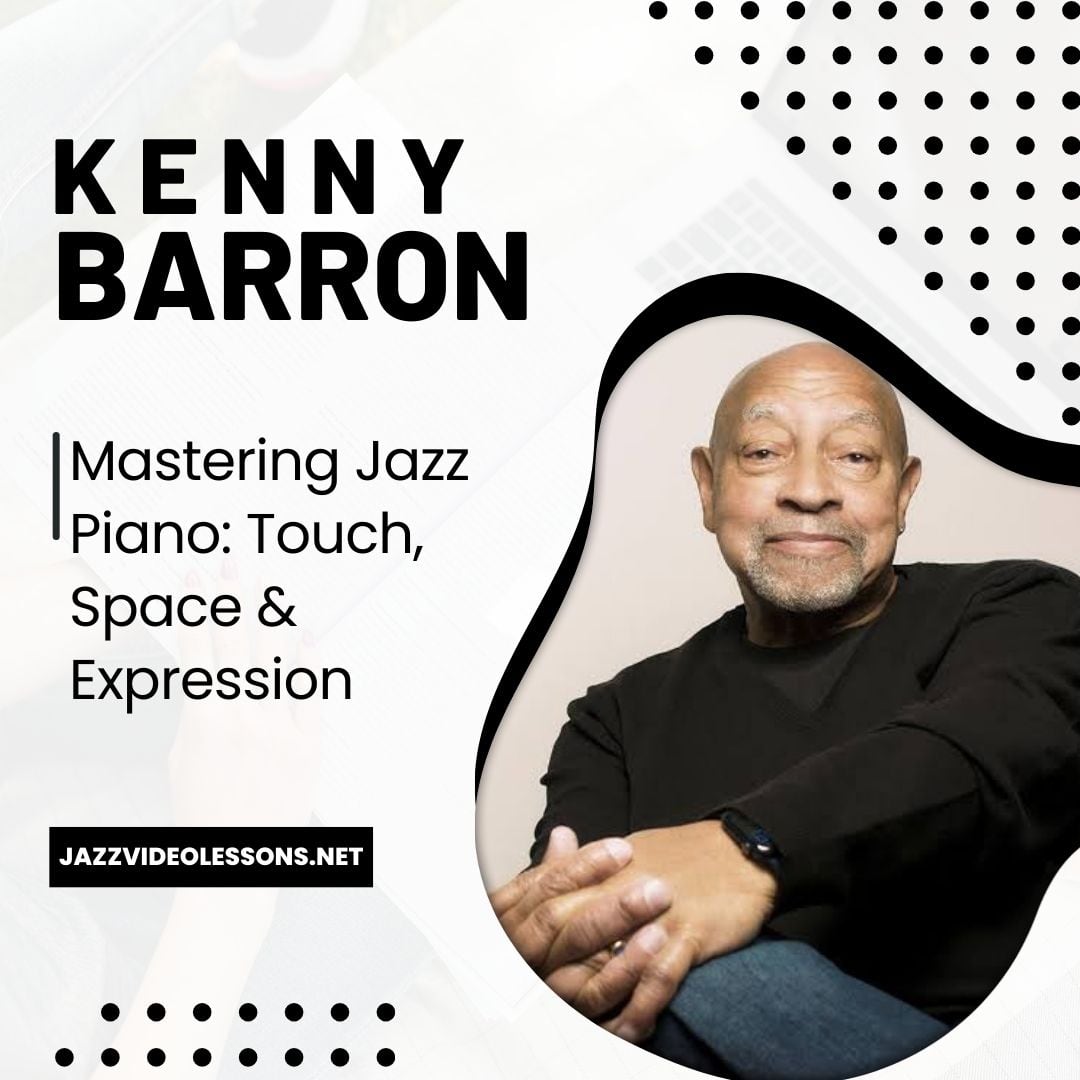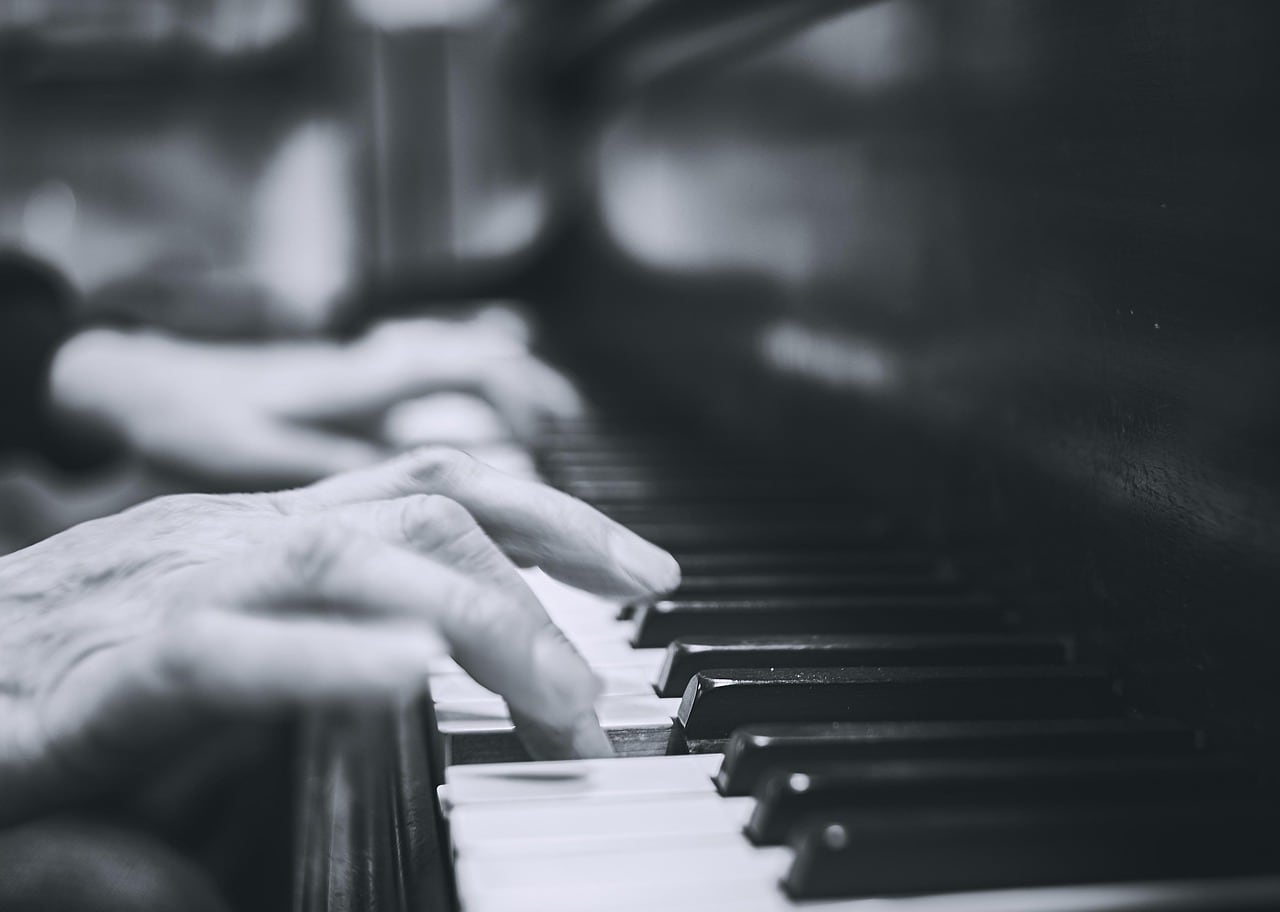Jazz, with its rich history and diverse influences, has been a genre that transcends boundaries and embraces cultural pluralism. While created by the African American community, jazz has also been embraced by musicians from various backgrounds, including Native Americans. In this blog post, we celebrate the Native American jazz musicians who have made significant contributions to this vibrant musical tradition and how they demonstrate the power of music to bridge cultures and create something truly unique. Discover our free jazz lessons !
The Fusion of Cultures: Native American Jazz
Jazz, as a genre, has always been a melting pot of cultures, and Native American jazz players have brought their unique experiences and perspectives to the music. This fusion of cultures results in jazz that reflects the diverse backgrounds of the musicians who play it. Native American musicians often draw from their tribal heritage, incorporating traditional instruments, rhythms, and melodies into the jazz genre. The result is a beautiful tapestry of sound that pays homage to both their Native American roots and the jazz tradition.
The Pioneers
One of the most influential Native American jazzist was Mildred Bailey, a celebrated jazz and swing vocalist of Coeur d’Alene heritage. Born Mildred Rinker in 1907 in Idaho, Bailey’s impact on jazz was immeasurable. Her velvety voice and impeccable phrasing set her apart from her contemporaries. She was one of the first female vocalists to work with top jazz and swing orchestras during the 1920s and 1930s, leaving an indelible mark on the genre.
Bailey’s renditions of jazz standards like “Georgia on My Mind” and “Rockin’ Chair” remain iconic. Her influence extended to other jazz luminaries, including Billie Holiday and Ella Fitzgerald, who admired her unique vocal style.
Musicians such as “Big Chief” Russell Moore, Oscar Pettiford, Charlie Parker (a less famous nickname of his was “Indian”), Charles Mingus and many more self-identified as being of Native American heritage.
Contemporary Native American Jazz Musicians Stars
In the 1960s, Native American saxophonist Jim Pepper played with many of the greats of the free jazz scene, including Don Cherry and Ornette Coleman, and was a member of Charlie Haden’s Liberation Music Orchestra in the in 1970s.

Drawing upon Native American, African, modern and free jazz traditions, late pianist-composer Don Pullen had created a unique, often moving, and cohesive recording with Sacred Common Ground. With saxist Carlos Ward, trombonist Joseph Bowie, African percussionist Mor Thiam, and Chief Cliff Singers, he makes music that can dance with life or invite spiritual awareness
Today, a new generation of Native American jazz musicians is emerging, keeping the tradition alive and thriving while honoring the legacy of pioneers like Mildred Bailey. Artists like flutist R. Carlos Nakai (Navajo/Ute), who combines the soothing sounds of the Native American flute with jazz improvisation, continue to push the boundaries of jazz music.
Cultural Preservation of Native American Jazz legacy
These Native American jazz musicians, past and present, are not only creating captivating music but also actively preserving their cultural heritage. Their music serves as a bridge between their Native American communities and the wider world, sharing the stories and traditions of their people through jazz compositions and performances. Mildred Bailey’s legacy, in particular, serves as a reminder of the enduring influence of Native American jazz musicians.
Conclusion
Native American jazz musicians have made invaluable contributions to the world of jazz. Their fusion of Native American heritage with the spirit of jazz has created a musical experience that is both deeply personal and universally relatable.
By celebrating these musicians, we honor not only their artistry but also the enduring power of music to transcend cultural boundaries and foster understanding and appreciation among diverse communities. So, let us continue to celebrate and support the remarkable Native American jazz musicians who keep this harmonious tradition alive.
Did you enjoy this article?
Consider writing us a short review on Google or Facebook, that’d be much appreciated!




